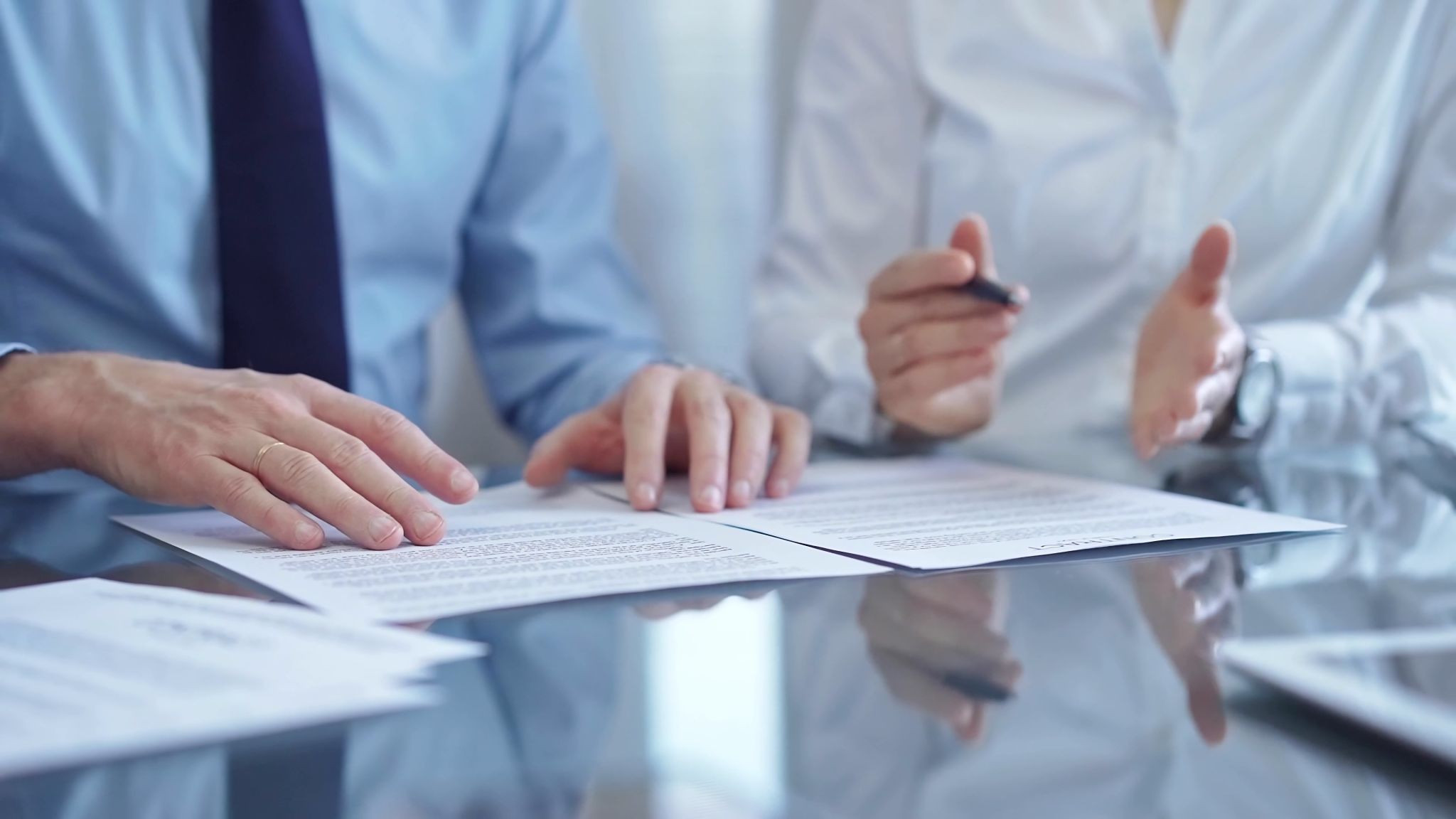How to Prepare for Your Notary Appointment: A Step-by-Step Guide
Understanding the Role of a Notary
Before your notary appointment, it's crucial to understand the role of a notary public. A notary acts as an impartial witness to the signing of important documents, ensuring their authenticity and helping prevent fraud. Notaries are responsible for verifying the identity of the signers and ensuring they are signing willingly and knowingly.
Why You Might Need a Notary
Notarization is often required for documents such as legal contracts, property deeds, wills, and affidavits. It provides an extra layer of trust and legal standing. Knowing why your document needs notarization can help you prepare accordingly, ensuring you have all necessary materials ready for your appointment.

Gathering Required Documents
Before heading to your notary appointment, make sure you have all necessary documents in order. Start by identifying which documents require notarization. These might include loan papers, title deeds, or any other legally binding paperwork. Ensure they are completed but unsigned, as signing typically occurs in the presence of the notary.
Identification and Verification
Bring a valid form of identification to your appointment. Acceptable IDs often include a driver's license, passport, or other government-issued identification with your photo and signature. This step is essential for the notary to verify your identity and proceed with the notarization process.

Choosing the Right Notary
Selecting the right notary is another critical step in preparing for your appointment. Consider factors such as location, availability, and fees. Some notaries might offer services at different times or locations for your convenience. It's advisable to schedule an appointment in advance to ensure availability.
Understanding the Fee Structure
Notarization fees can vary depending on the state and the type of document being notarized. Some states have fixed fees, while others allow notaries to set their own rates within a regulated range. Understanding the fee structure beforehand can help avoid surprises and ensure you're prepared financially.

Preparing for the Appointment
On the day of your appointment, arrive early with all necessary documents and identification. Double-check that your documents are complete but unsigned. If witnesses are required, ensure they are present and ready to sign as well. This preparation helps streamline the process and reduces waiting time.
During the Appointment
During your appointment, pay attention to any instructions provided by the notary. They may ask questions to verify your understanding of the document's contents and your willingness to sign. Once everything is clear, you'll sign the document in their presence, and they will complete the notarization with their seal and signature.
By following these steps and understanding what to expect, you'll be well-prepared for your notary appointment, ensuring a smooth and efficient process.
